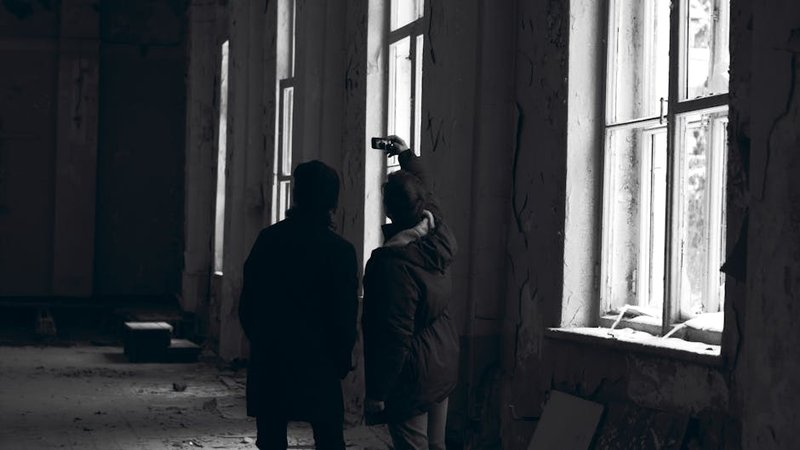I’ve always been fascinated by the mystery of early childhood memories. Why can’t I remember being a baby? This question has followed me through my amateur science reading for years, and a groundbreaking Yale study might finally provide some answers.
For decades, scientists believed we couldn’t remember our earliest years because our hippocampus—the brain’s memory center—simply wasn’t developed enough to store memories properly. This explanation felt incomplete to me, especially considering how rapidly babies learn language, faces, and complex motor skills.
The Yale research team, led by Nick Turk-Browne, has challenged this conventional wisdom. Using functional MRI on infants (which is incredibly difficult—imagine getting a baby to lie still in a noisy machine!), they discovered something remarkable: babies as young as four months showed hippocampal activity when forming memories.

Their methodology was elegant in its simplicity. Researchers showed infants new images and later tested if they remembered them by presenting the same image alongside a new one. When babies stared longer at the familiar image, it suggested recognition. What’s fascinating is that higher hippocampal activity during the initial viewing correlated with stronger recognition later.
The most intriguing finding? The part of the hippocampus that lit up in babies—the posterior region—is the same area associated with episodic memory in adults. This suggests that even very young babies can form specific memories about events.
This begs the obvious question: if babies can form memories, why do we experience infantile amnesia as adults?
There are two compelling possibilities:
-
These early memories aren’t converted into long-term storage. They exist temporarily but fade away without proper reinforcement.
-
The memories remain stored somewhere in our brains, but we simply lose access to them as we age.
The second possibility particularly intrigues me. I wonder if those earliest memories influence us in ways we can’t consciously recognize—shaping preferences, fears, and personality traits.
The research also revealed something I find personally fascinating: there are different types of memory being processed in different parts of the hippocampus. Statistical learning—the ability to recognize patterns across experiences—seems to develop earlier than episodic memory and operates in the anterior hippocampus.
This makes evolutionary sense. A baby needs to understand patterns in their environment (like facial expressions signaling safety or danger) before they need to remember specific events. Pattern recognition is crucial for language acquisition, visual processing, and concept formation.
As someone who’s always been a pattern-seeker, I wonder if my own anterior hippocampus was particularly active as an infant. Did early statistical learning shape my later interest in science and data?

What strikes me most about this research is how it challenges our assumptions about infant consciousness. Babies may be experiencing and recording far more than we’ve given them credit for. Their inner lives might be rich with memories—even if those memories eventually become inaccessible to their adult selves.
The implications extend beyond theoretical neuroscience. How should this influence parenting practices? If babies form memories earlier than we thought, does that mean their earliest experiences carry even more significance? Should we be more mindful of potentially traumatic experiences, knowing they might be encoded somewhere in the brain?
As someone who works with data systems, I can’t help but draw parallels to information architecture. Perhaps our brains undergo “database migrations” as we develop, with early memories stored in formats that become increasingly incompatible with our adult cognitive structures.
I’m eagerly following this research team’s next steps. They’re investigating what happens to these early memories over time, which might finally explain the mechanism behind infantile amnesia.
Until then, I’ll continue wondering about my own forgotten first years. What experiences shaped me before I could form lasting memories? What joys and sorrows did I experience that I can no longer access? The mystery remains, but science is bringing us closer to understanding the forgotten beginnings of our conscious lives.



